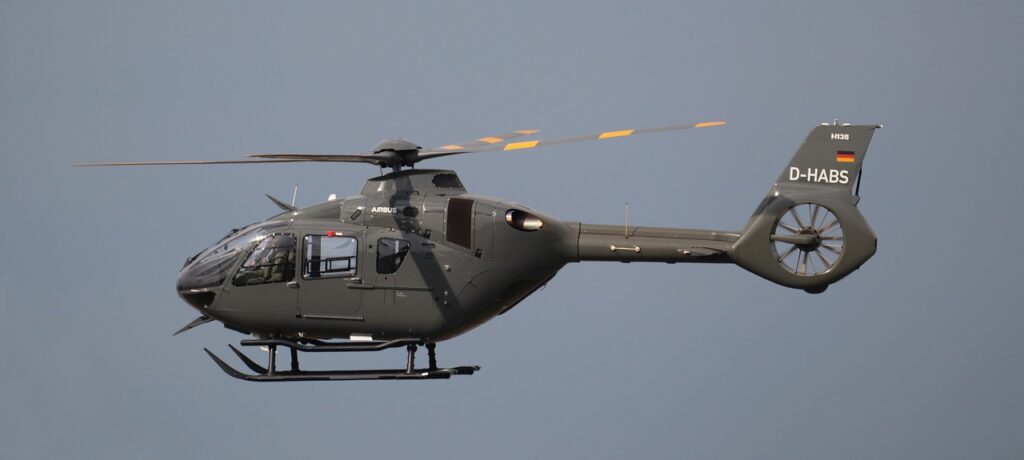A Russian ship fired signalling ammunition at a Bundeswehr helicopter during a reconnaissance mission in the Baltic Sea. This incident was confirmed by German Foreign Minister Annalena Baerbock. She discussed the attack at a NATO meeting in Brussels but withheld further details.
Baerbock later announced that surveillance of pipelines and data cables in the Baltic Sea would be increased. This decision comes in response to growing hybrid threats from Russia and its supporters. The use of signalling ammunition is only permitted in emergencies.
Growing Hybrid Threats and Regional Tensions
Baerbock condemned the attack, writing on social media platform X: “Putin is attacking our peace order with hybrid attacks.” The incident highlights the rising tensions in the region, which have been intensifying in recent months.
Authorities are investigating recent damage to two communication cables in the Baltic Sea. These cables connect Finland to Germany and Sweden to Lithuania. The cables were damaged within a 24-hour period, leading to suspicions of sabotage.
German Defence Minister Boris Pistorius called the damage to the Germany-Finland cable an act of “sabotage” and suggested “hybrid actors” might be behind it. The exact reasons for the attack remain unclear.
Sweden, Germany, and Lithuania are all investigating the Chinese vessel Yi Peng 3, which was in the vicinity when the cables were damaged.
Several European governments, along with NATO’s Secretary-General, have accused Russia of intensifying hybrid attacks on Western nations since its invasion of Ukraine in February 2022. Moscow has consistently denied any involvement.
Hybrid warfare involves destabilizing tactics such as cyberattacks, infrastructure sabotage, and misinformation campaigns. These methods aim to weaken nations without triggering direct military conflict.
